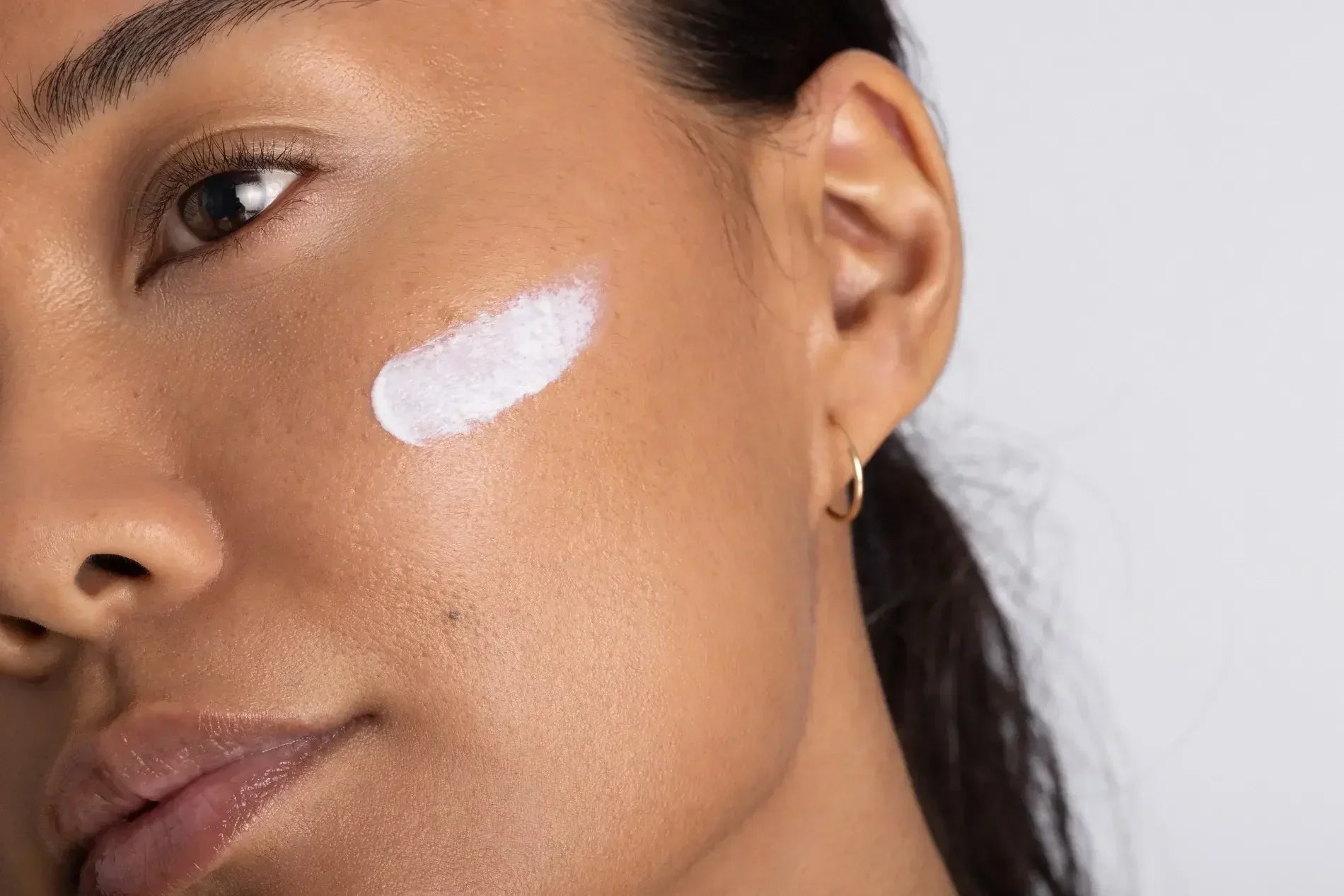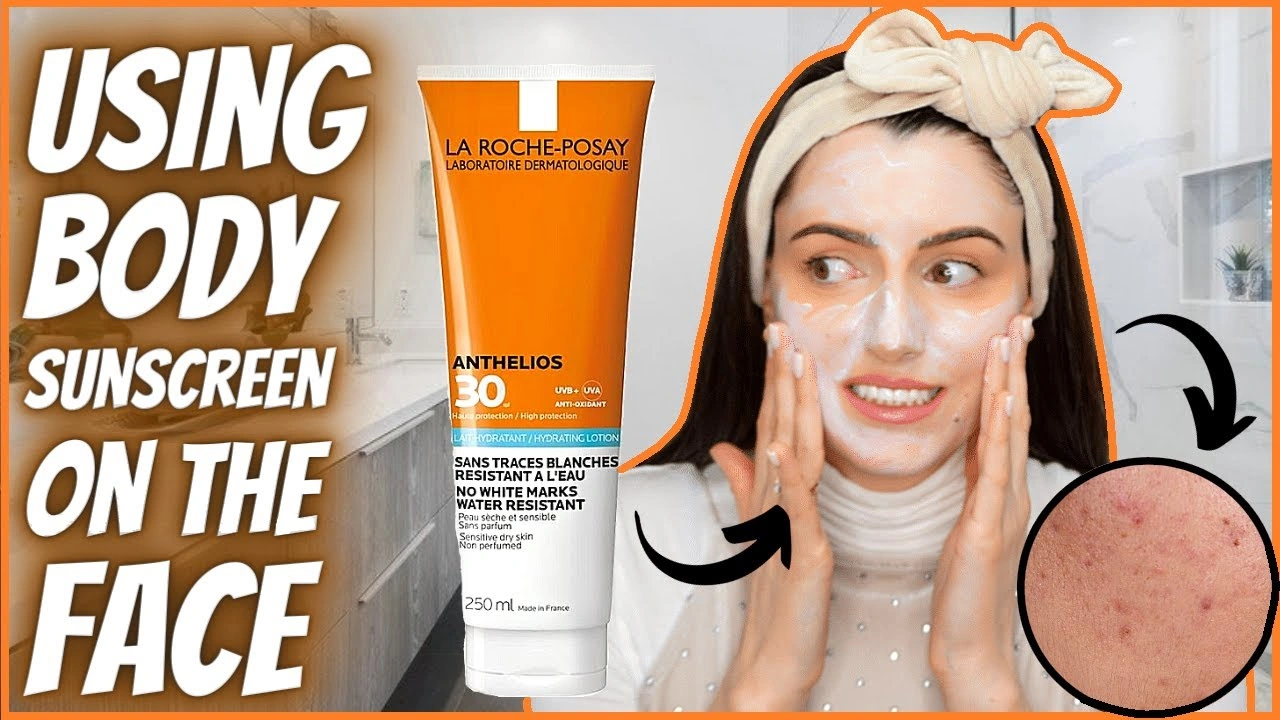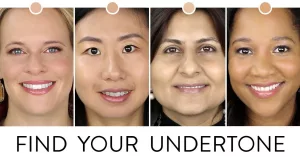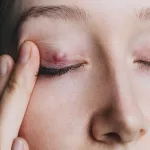Your Skin, Your Rules?
Let’s be real: you’ve probably done it. I mean, who hasn’t? You’re halfway out the door, sun is blazing, and your big ol’ bottle of body sunscreen is right there—cheap, trusty, smells vaguely of a tropical vacation. Your face feels the heat too, so… on it goes. One product, one dose of sun protection, right? But then that annoying little voice in your head starts up: Wait. Can you use body sunscreen on your face… or is there some super-secret difference the beauty industry doesn’t want us to know about?
If any of that sounds familiar, you’re in the right place. Let’s get into it, face first.
Isn’t Skin Just… Skin?
Here’s the thing, though—you’d think the stuff you put on your arms and legs would be just fine for your cheeks and nose. I totally get that logic. But skin isn’t one-size-fits-all (no matter what your favorite influencer claims). The skin on your face? It’s thinner, fussier, and, well, a lot pickier than the stuff covering your elbows or calves.
Think of your face as your skin’s drama queen. It reacts to everything—pollution, fragrances, stress, hormones, and yes, even your sunscreen. Slinging body sunscreen onto your face every morning isn’t exactly giving your mug the VIP treatment it deserves.
What Really Makes Face and Body Sunscreen Different?
Let’s cut to the chase:
- Texture matters. Body sunscreens are kind of like whipped cream: thick, spreadable, built for covering big spaces. Face sunscreen is more like a lightweight serum—quick to absorb, less likely to leave you shining like a glazed donut.
- Ingredients. According to COOLA’s experts, facial sunscreens usually ditch heavy fragrances, stick to non-comedogenic stuff (so they don’t clog pores), and may sneak in extra goodies like hydrating or calming ingredients.
- Sensitivity. Your face is just more sensitive. Lots of body sunscreens have ingredients that would never fly on your skin’s front row. Ever put regular sunscreen on and had your eyes burn? Yup, that’s usually body stuff.

Why Are Face Sunscreens So… Fancy?
Maybe you’ve noticed that tiny bottle of face SPF at the store costs almost as much as that jumbo family-sized body sunscreen. Annoying, right? But there’s actually a reason for all those bells and whistles.
First, the formulas are way more refined. According to research on face vs body sunscreen by dermatologists, face products have to play nice with all sorts of other things—makeup, oils, serums, sweat, you name it. Plus, they’re made to work for more sensitive skin (think non-irritating, less greasy, barely-there finish).
Honestly, I didn’t fully appreciate the difference until my husband accidentally used my favorite face sunscreen on his legs before the beach. He came back two hours later, sun-safe but muttering about how “that fancy stuff doesn’t spread at all.” He wasn’t wrong—it’s made for faces, not thighs!
But Wait, Does Body Sunscreen Actually Harm Your Face?
Not always, not instantly… but it can. Body formulas often include pore-clogging ingredients. (I learned this the hard way years ago—used body SPF on my face for a week-long camping trip. My skin broke out so badly, I looked like a cautionary tale from can you use body sunscreen on your face for acne.)
Comedogenic—that’s the technical term for “likely to give you pimples.” Even if you’re blessed with pretty tough skin, body SPFs tend to feel heavy, look shiny, and sometimes burn near the eyes if they get a little too close.
And let’s not forget: fragrances are much stronger in body formulas. What smells beachy on your arms can make your cheeks red and irritated. Life’s too short for sunscreen drama.
When Does One-Size-Fits-All Work?
Okay, here’s the good news: if you’re stranded without your facial sunscreen on a sunny day, body sunscreen is still way better than nothing. Bottom line, sun damage is a bigger risk than a few clogged pores for most people. Especially for disease prevention. So if you’re ever in a pinch—use the body stuff generously! (Just don’t get in the habit.)
Personally, I’ve done this during random road trips, sweaty hikes, lakeside afternoons when all I had was that big old pump bottle in my tote. My face survived. But, you know… it looked a little shinier than usual and sometimes stung if I got it too close to my lash line.
If you want to know whether you could use body sunscreen on your face every day, check out can you use body sunscreen on your face everyday for a full rundown of the pros, cons, and tips.
Can You Use Face Sunscreen on Your Body?
Oh, for sure! Nothing dangerous about it—just expensive. Most face sunscreens are way pricier per ounce. You’ll run out after a couple of pool days (and your budget will feel it). The thicker, more spreadable body formulas are simply meant to cover more skin, quickly.
I’ve definitely had days at the beach where I forgot to pack body sunscreen, so I sheepishly rationed out my fancy face SPF to my arms as clouds rolled in. It worked, but… ouch, my wallet.
Let’s Compare—Table Time!
| Feature | Face Sunscreen | Body Sunscreen |
|---|---|---|
| Texture | Smooth, light, absorbs quickly | Thicker, sometimes greasy |
| Fragrance | Low or none, made for sensitive skin | Often strong or “beachy” |
| Main Use | Daily protection, layering under makeup | Big areas, sporty, outdoor play |
| Risk for Breakouts | Low to none | Higher (especially if acne-prone) |
| Special Ingredients | Hydrators, antioxidants, anti-aging | Water/sweat resistance, broad coverage |
| Cost | Higher per ounce | Budget-friendly for big bottles |

Is Now the Time to Switch?
I know what you’re thinking: “Okay, so is it the end of the world if I keep using my body sunscreen on my face?” Nah, it’s not. But if you want truly healthy, glowing skin for the long haul, switching to a good face sunscreen is like finally buying jeans that actually fit instead of squeezing into your high school skinnies. (Seriously—your face will thank you.)
Most facial sunscreens today are feather-light, blend right in, and work under makeup. You’ll barely even know they’re there. And you might even look forward to that little moment of self-care each morning.
How to Make Switching Less Painful
- Start small. Pick up a basic, affordable face SPF. Look for non-comedogenic on the label. If you’re breakout-prone, check out the lowdown at can you use body sunscreen on your face for acne.
- Hate heavy, shiny stuff? Go for oil-free or matte-finish options. Chemical sunscreens blend invisibly; mineral (zinc oxide or titanium dioxide) are best for super-sensitive types.
- Dry skin? Snag one with hydrating ingredients, like hyaluronic acid or ceramides.
- If the “sunscreen smell” bothers you, stick to face-only formulas—they’re usually much milder (and you’re less likely to get a weird taste if you lick your lips!).
SPF on Repeat: How Much Should You Use?
Here’s a tip most people ignore: the amount of sunscreen you use matters almost as much as which kind you pick. Dermatology pros (and, honestly, every expert I trust) suggest using about two fingers’ length of face sunscreen for full coverage. Not enough? You’ll burn. Too much? Doesn’t really exist.
And yes, you need to reapply—especially if you sweat, swim, or wipe your face a lot (shoutout to my fellow exercise-lovers and nap-in-the-hammock types). In fact, check out can you use body sunscreen on your face everyday for smart ways to build SPF into your routine so it feels like a natural part of your morning or pre-workout ritual.
Oh, and makeup with SPF is good… but don’t rely on it alone. It’s the sidekick, not the superhero.
:max_bytes(150000):strip_icc()/Health-GettyImages-1483037420-3e1eb50de41d42e3a72cc0237ba30926.jpg)
But… What If I Actually Like My Body Sunscreen?
Listen, if your current body sunscreen has never broken you out or stung your eyes, and you genuinely love it—keep using it! I know a few friends with truly unfussy skin who do this and look great. But if you ever notice new blackheads, redness, or just wish your skin felt fresher by lunch, it’s probably time to swap.
Me? I keep a tiny tube of face SPF in my purse, my gym bag, even my car’s cupholder. (Okay, maybe I’m paranoid, but I like having choices.)
Big Takeaways—And a Friendly Nudge
So… can you use body sunscreen on your face? Short answer: yes, in an emergency. But if you want your skin to look and feel its best, and especially if you’re worrying about acne, sensitivity, or just that slick, greasy sheen—invest in face sunscreen made just for, well, your face.
You deserve daily sun protection that feels good, fits your real life, and plays nice with all your other favorite products. Plus, the little luxury of a nice-smelling, non-irritating sunscreen is honestly worth it. (Future you—with fewer wrinkles and less redness—will be so grateful.)
Think about your skin next time you walk down that sunscreen aisle. Grab a tube that gives your mug the attention it wants. Try a few, see what works. Tell your friends, or come back and leave a comment with your favorites—I’d love to know what’s working for you.
Sunshine is awesome, but take care of that beautiful face. It only gets one!
























Leave a Reply
You must be logged in to post a comment.